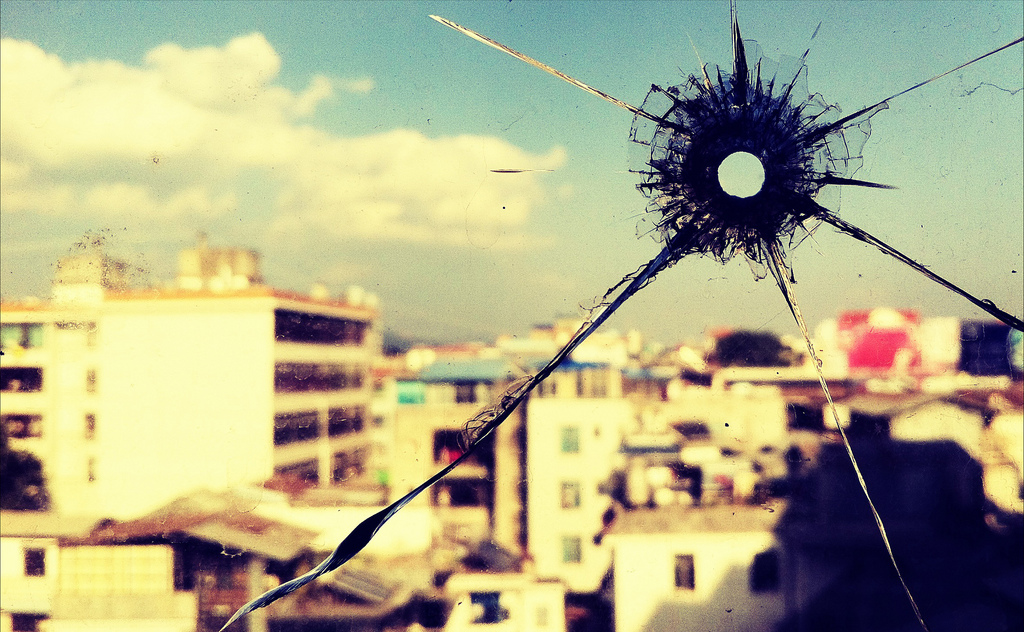What Are Your Plot Holes?
I’m in the final stretch of editing my novel. I am very happy to be typing that sentence, but at the same time I am starting to feel a bit anxious. As I scurry around the manuscript tidying things up, here and there I will run into little bits and pieces of dialogue or exposition that have filtered through the major edits without getting changed or removed. Sometimes it’s just a word or phrase. These tiny details are easy to miss; I need to be constantly vigilant as I’m reading through.
Missed details, minor inconsistencies, suspect motivations. For some readers they can ruin the whole story. I’ve never been one of those readers (or movie watchers), and maybe that’s why this part of the process is particularly nerve-wracking. I don’t tend to overanalyze details. I like the big picture, the overall effect, lessons learned, metaphors employed, overarching themes. That’s my bread and butter.
But I know there are people that love details, and I know that details matter. It can’t all be big picture. In many ways the story takes place in the small things. Most of the time its a series of little actions, thoughts, knowing looks, that drive the plot forward. So I have spent an inordinate amount of time thinking about why the characters are doing what they’re doing, fixing plot holes, and basically attempting to make the story as plausible as possible given that many of my characters are demons and fairytale creatures.
All of this concentration on the inconsistencies plaguing my characters’ lives has put me in a philosophical mood. Fictional stories have these issues because they are not real life. They come from the imperfect imaginings of the author. But real life is full of these confounding elements too.
Concealed motives, strange coincidences, unanswered questions, unexplained actions. Plot holes in your life story.
Everyone has them because no one’s life is perfect. The question becomes how you address them, how you edit them, how you go back through your experience in order to tidy things up so that the story makes sense.
There’s some actual scientific research that confirms what people who write in journals on a regular basis have always known. Writing is a powerful tool for dealing with traumas large and small. Why? Because our understanding of what happens to us largely comes down to the stories we tell ourselves. Once we get those stories straight, we can continue on with the plot, satisfied that our personal narrative makes sense even if its individual events don’t always have happy endings.
I’m trying to do right by my characters and by extension my future readers by giving them a cohesive adventure. They can’t do it for themselves. But you can.
What are your plot holes? What parts of your life need a clearer reason, a second thought, a change in perspective, a truer story?
Write. Write it out. Show it to people. Or don’t.
But connect the dots. Weave together frayed ends. Stitch together your patchwork pieces. Mend those holes.
Make yourself whole.
Image credit: Jonathan Kos-Read via Flickr cc
- Categories:
- Life Lessons
